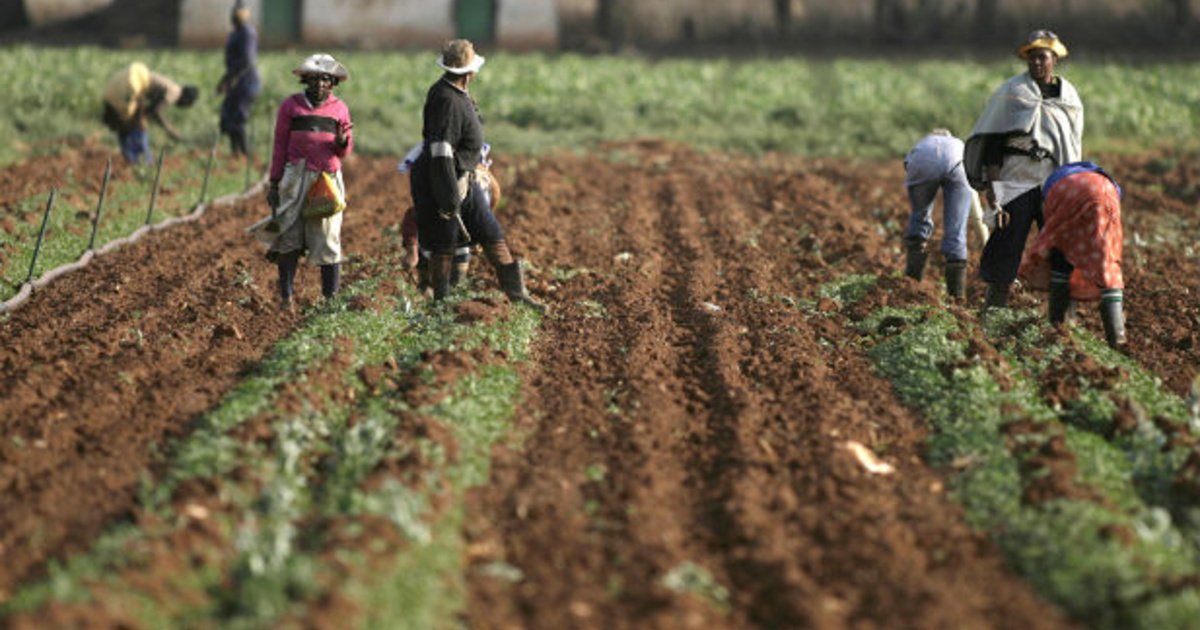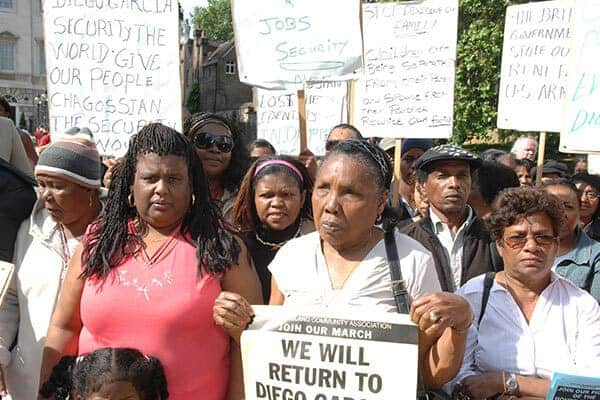Giving unto Chaka what is Chaka’s
By Bronwyn
Land and land reform is one of the most vital and contentious issues in Africa. In South Africa it’s a huge issue that will continue to be problematic until it’s properly and decently sorted out.
South African land politics are entwined with the country’s controversial domestic policies of the past.
The legacy of racial injustices in the country, epitomized in the white supremacist policies of apartheid adopted in the late 1940s, prevented many native Africans from owning land in white farming areas and also prohibited white farmers from leasing land to black tenants.
In addition, the Land Act of 1913 prevented most blacks from buying land outside of specified reserves.
The past few months have seen suggestions of a moratorium on foreign land ownership to deal with the country’s landless issue.
Some pressure groups have threatened land grabs such as those in Zimbabwe if the land reform is not speeded up.
At the end of June last year, South Africa’s land restitution programme has settled 62,127 of the 79,000 claims launched by Black South Africans. Resolved claims where land restoration had been an option, had contributed to 916,470 hectares of land.
On the redistribution programme, 3.1 million hectares of land has been delivered to rural and urban communities.
Land reform is currently under the spotlight in South Africa with the recent National Land Summit which took place in Johannesburg.
These are my views:
1. Afrikaans farmers and other white farmers will have to accept, no matter how hard it may be for them, that they must sell their land to make way for emerging black farmers.
2. The government should not expropriate land without compensating white farmers – that is to say, government should purchase the land. However, white farmers shouldn’t ask for unreasonably high prices as they have been doing.
The price of land should not depend on current market values that may be inflated by the farmers. The government should form some sort of commission whereby reasonable land prices can be negotiated, hopefully they would get buy in from the farmers on this.
3. Government must do everything in its power to support emerging black farmers and make sure that they have the necessary skills to be successful on a commercial basis.
4. The process of land redistribution must be speeded up.
5. I agree with government’s view that the “willing buyer, willing seller” model needs to be re-examined.
6. I think that enforced selling of farms should be limited (at least initially) to farmers who bought or inherited their land pre-1994, and it should take place initially in the areas where land was stolen, and people forcibly removed.
I know that land is a highly contentious issue, but the truth is that land has to be redistributed, it is the fair and moral thing to do.
I know that many people would consider it unreasonable to expect white farmers to give up their land, but did those same people think it was unfair and immoral to steal the land in the first place, or prevent black people from buying land?
Being that as it may, I believe that white farmers will just have to make a sacrifice whether they want to or not for the sake of longterm stability and development.
And if they don’t like it, they can always apply to Nigeria!
Brownyn blogs and writes for Mzansi Afrika
Land grab or land reform? Please share your thoughts on land redistribution in South Africa.
E-mail comments@thenewblackmagazine.com
Send to a friend |
View/Hide Comments (0) |






Muchas gracias. ?Como puedo iniciar sesion?